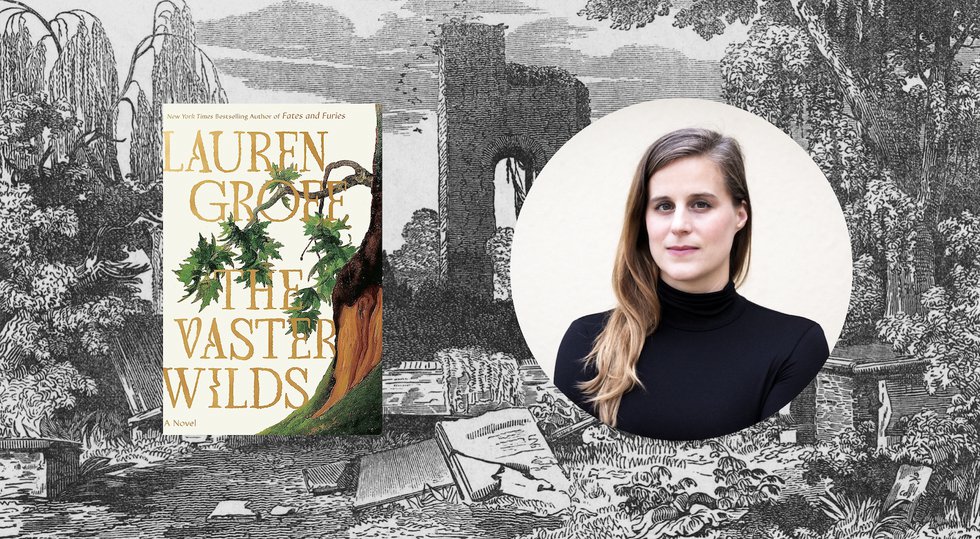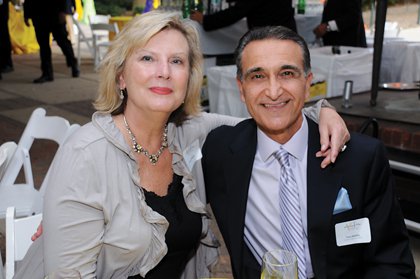Six questions for this award-winning author.

The Vaster Wilds by Lauren Groff. Riverhead Books. pp. 272. $28.
Three-time National Book Award finalist and bestselling author Lauren Groff returns with a novel set in Jamestown during a period known as “The Starving Time” (1609-10). It follows a young girl in flight from the horrors of life in the settlement, wandering the wilderness, exploring its vastness, beauty, as well as terrors. As with her previous book, Matrix, Groff plays with fact and fiction. Here, we see a possible version of untamed Virginia. Groff sinks into the mind of her protagonist, jumping in time to how she ended up in Virginia from England. As the woman travels further and further, we slowly glimpse the end, her fate. In brilliant prose that practically brings you the touch of snow and the stink of fish, Groff examines the boundaries of our relationship with nature and how we can never, truly, master it. (See our full review: here)
Konstantin Rega: What drew you to Jamestown/Virginia as a setting (instead of someplace like Plymouth)?
Lauren Groff: Although Europeans had been in North America for over a century by the time Jamestown was colonized, I was interested in what the first permanent English settlement in Jamestown might have looked like. I was also set on fire when I understood the truly dysfunctional and horrific circumstances that the waves of these settlers suffered through, including the Starving Time, the winter of 1609-1610, when the settlers were beset on all sides by bad water, famine, disease and violence, much of it caused by their own ignorance and class hierarchies. This era was also when Shakespeare was at the height of his fame—he still had The Tempest ahead of him, which could only have been written after source materials were made available in 1610. I wanted a taste of Elizabethan language in my book, and returned, with joy, to the greatest writer of that time or any time to touch his rhythms, the sinuous way his thought unrolls, his vocabulary full of neologisms.
What sort of research did you do about the time period before/during the writing?
I did a great deal of reading, including primary source material of those who had witnessed Jamestown, and later books and articles that digested and contextualized what the source material was saying between the lines. For instance, you have to take what John Smith wrote with not a grain, but a whole boulder of salt. I read about Elizabethan London, about survivalism in the wilderness, about the physical limits of the human body, and of course, I listened to the music of the language of the time.
What do you want readers to take away from the book?
This is always an interesting question, one that is almost impossible to answer. I know what I wrote and what I intended to convey; the reader, however, is a full and equal partner in finishing a book, and they bring their own ideas and experiences and desires to the page. As soon as the work is out of my hands, the control is out of my hands, too. All this to say that I’m uncomfortable dictating to a reader what exactly I want them to experience, but I can say, more abstractly, that I always want to fill a reader with light, to move them emotionally, spiritually, and intellectually, that I want them to look at the world differently after they finish my work. Whether I accomplish this or not is up to the alchemy between the work and the mind encountering it.
What were the important themes that you wanted to bring to light with the narrative?
I just wanted to explore the roots of our incredibly twisted relationship to nature and the natural world, to rethink a lot of the social structures into which my protagonist was born.
As with Alice Munroe, you often write about female characters and struggles, what’s the importance of that (other than that we need more female voices) in today’s culture?
I do write about women, but I write about men, too, as well as about people who straddle or subvert gender roles. They’re all equally important.
Is there anything else you’re working on (that you can talk about)?
Alas! The things that are still vulnerable and tender I can’t talk about yet, but I think I may have finished my next story collection. At least, I hope so. We shall see.
Get a copy of The Vaster Wilds at The Bookshop.








